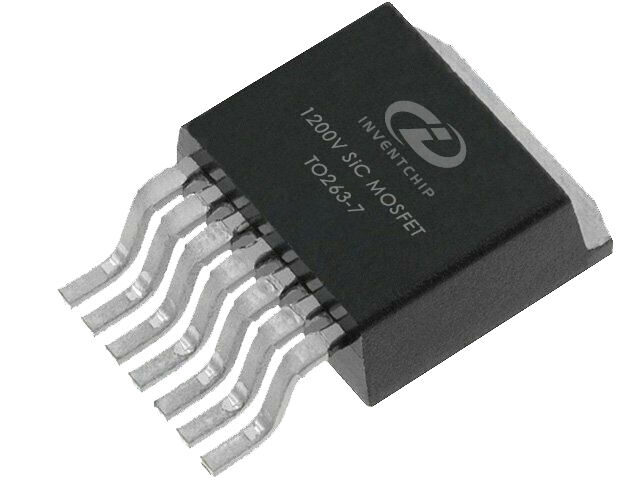Used in several applications across the manufacturing, aviation and EV industries, amongst others; SiC MOSFETs - or Silicon Carbide Metal-Oxide-Semiconductor Field-Effect Transistors as they are fully known. These novel devices are a massive leap from conventional silicon MOSFETs and play critical roles in many technologies, which include telecommunications systems (backhaul), EV power controls & the Solar system applications.
Choosing the right SiC MOSFET calls for both basic understanding and thorough thought of different key figures. Understanding the application requirements for your design will help you to select the ideal SiC MOSFET, and optimize performance and lifetime.
This is why the benefits of SiC MOSFETs are also so attractive in a number of other applications. These premium components have some of the highest efficiency on the market, enabling high-current operation with less power consumption and heat production. In addition, they have very fast switching speeds (about 1000x faster than traditional silicon MOSFETs), which allows them to be turned ON and OFF almost instantaneously. And, in the case of subzero-temperature usage, SiC MOSFETs are reliable - an advantage not easily realized with standard silicon components.
SiC MOSFETs make a big leap in electronic innovation and security by delivering better technology features as well advanced safety measures. Their tough build and assembly goes a long way in preventing systems from overheating or misuse especially in high-performance industrial applications automotive industries where reliability is key.
SiC MOSFETs are used in many sectors and industries, including but not limited to the automotive industry. These are important properties in many areas such as motor control, solar inverters and electric vehicle propulsion systems to increase the efficiency of an application. Even as silicon dominates the electric vehicle technology space primarily due to its efficiency and weight saving attributes, SiC MOSFETs are quickly replacing traditional insulated gate bipolar transistors (IGBT) in solar inverters and drivetrain components for their unswerving power handling prowess over changing energy conversion dynamics.
Design engineers need to appreciate the operating characteristics of a SiC MOSFET in order utilise its performance advantages optimally. These devices are similar to conventional Metal Oxide Semiconductor Field Effect Transistor (MOSFET) but have extremely high voltage ratings, fast switching and load handling capabilities. To function at highest capacity, components must operate within their specified voltage ratings vis-a-vis switching speeds and thermal management to avoid overheating that can lead to component failure.
In addition, choosing a well-known brand with top-notch customer service and quality products can further improve the user experience involving SiC MOSFETs. Special emphasis on license-free test samples for validation and lifetime support post-sales help in selecting the right manufacturer. Because SiC MOSFETs can withstand tougher environments while delivering excellent performance, they tend to last longer and provide greater reliability in electronic systems.
SiC MOSFETs are essential in a wide range of electronic applications requiring high performance and efficiency. Selection of the right SiC MOSFET includes aligning voltage rating, switching speed, current handling and thermal management to provide ideal performance along with robustness. Combining the above key factors with a reliable source, and developing systems blending well with SiC MOSFETs intrinsic properties will put electronic systems to unparalleled performance levels for all years ahead. By factoring in these considerations et cetera, one can choose an appropriate SiC MOSFET to serve current needs and ultimately provide a better reliability advantage and performance gain for electronic system into the future.
 EN
EN
 AR
AR
 HR
HR
 DA
DA
 NL
NL
 FR
FR
 DE
DE
 EL
EL
 HI
HI
 IT
IT
 JA
JA
 KO
KO
 NO
NO
 PL
PL
 PT
PT
 RO
RO
 RU
RU
 ES
ES
 SV
SV
 TL
TL
 IW
IW
 ID
ID
 LT
LT
 SR
SR
 SK
SK
 UK
UK
 VI
VI
 SQ
SQ
 HU
HU
 TH
TH
 TR
TR
 FA
FA
 AF
AF
 MS
MS
 HY
HY
 BN
BN
 LA
LA
 TA
TA
 TE
TE
 MY
MY

